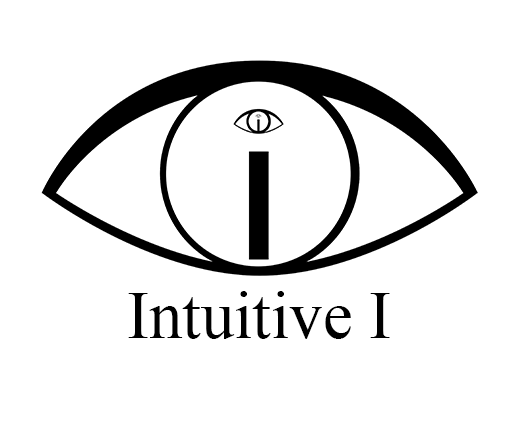What follows is a brief description of the ENFJ personality type, including:
• Natural Strengths
• Common Tendencies
• Interaction Styles
• Stressors and Coping Mechanisms.
• Ideal and Corrupt versions of the ENFJ
•ENFJ Stack
ENFJ Basic
Extroverted, Intuitive, Feeling, Judging. ENFJs are known for their enthusiasm and positive energy. They are very sensitive to the emotions of others, so they strive to create and maintain an upbeat/positive atmosphere around themselves. If they sense that “someone else is having a rough time,” they will instinctively try to help, but if the problem persists, they may need to distance themselves from that person (or risk becoming drained and down themselves).
This “sensitivity to the emotions of others” leads to a desire to feel “in control,” but at the same time ENFJs rarely try to “be in charge” or “control others” in the traditional sense. Instead they try to “mediate” and “encourage compromise” as a way of minimizing conflicts. As a result, they often “go with the flow” and can easily be “influenced” or “led astray.” In rare instances this “reluctance to assert themselves” can lead to a quiet build up of intense emotions, until those emotions suddenly “burst forth” from the ENFJ.
ENFJs typically respond to these “outbursts” by isolating themselves, only engaging a “trusted few” who have proven that they know how to “handle the ENFJ” and will not “misinterpret” or “attempt to influence or manipulate them.”
ENFJs long for social interaction, for connections and “shared experiences full of positive emotions,” but can struggle to “overcome their anxiety” and “engage new people.” Group activities (like games or fairs) can give them a sense of “structure” (what to expect and how to respond). ENFJs often worry about “creating conflict” by saying or doing “the wrong thing,” and also sometimes worry that “I am not intelligent,” so they will often refrain from sharing their own thoughts and ideas, preferring to respond to other people’s remarks.
ENFJs are stressed by conflict, negative emotions, repetitive tasks, “too much change (or uncertainty),” and by a “lack of appreciation” for the emotional care they exercise with others. When stressed, ENFJs can become very critical (of others and of themselves), and may search for a single “root cause” that simplifies the problem (and the solution). In times of intense distress, distractions can be the best medicine (exercise, hobbies, a story, time in nature). Once the ENFJ calms down, they can reengage the problem in a “more healthy way.”
ENFJ Ideal
ENFJs are known as the “kind parents” of the 16 types. They devote themselves to the well-being of “the group,” balancing “support and “gentle pressure” as they do their best to ensure everyone “feels good” but also “continues to grow.”
They will struggle with “expressing harsh truths ‘for your own good.” They want to “care for others,” but sometimes “what is healthy” requires some “short term discomfort.”
ENFJ Corrupt
ENFJs are natural nurturers, but when they become corrupt they often become manipulative; passive-aggressively rewarding those who “cooperate with their desire for harmony (and reward them for their efforts)” and punishing those who do not.
They often “attach themselves” to someone powerful and authoritative, fawning over them (and manipulating them into creating/enforcing the “vision of order” the ENFJ desires). Anyone who can help them achieve what they want (in the form of their vision of harmony and order) will immediately become their favorite person (until they are no longer the person most well suited/equipped to do so).
The corrupt ENFJ will use all their insights and “nurturing nature” to discover secrets, earn favor (portraying a sweet innocence), then use everything they’ve gained to further manipulate others (to suit their agenda), convincing their current “associates” that “I would never betray you.”
In some cases the corrupt ENFJ may even take a dark pleasure in mocking people who have been vulnerable with them, typically (but not always) behind their backs. They may rationalize this behavior as “I am helping you. I’m teaching you a harsh truth, and I’m making sure you will remember ‘the lesson.”
At the end of the day, ENFJs “want to help others grow,” and even a corrupt ENFJ will often truly believe that “this is how the world is, and the sooner you learn these lessons, the better.” (Granted, if the people around the corrupt ENFJ do “learn these lessons,” it will be a lot harder for the corrupt ENFJ to “do what they like to do.”)
ENFJ Stack
The stack is essentially “what distinguishes one personality type from another.”
1.
2.
3.
4.
5.
6.
7.
8.
If you would like some basic information about what the 8 skills and 8 roles mean (in general, please click the button below.
